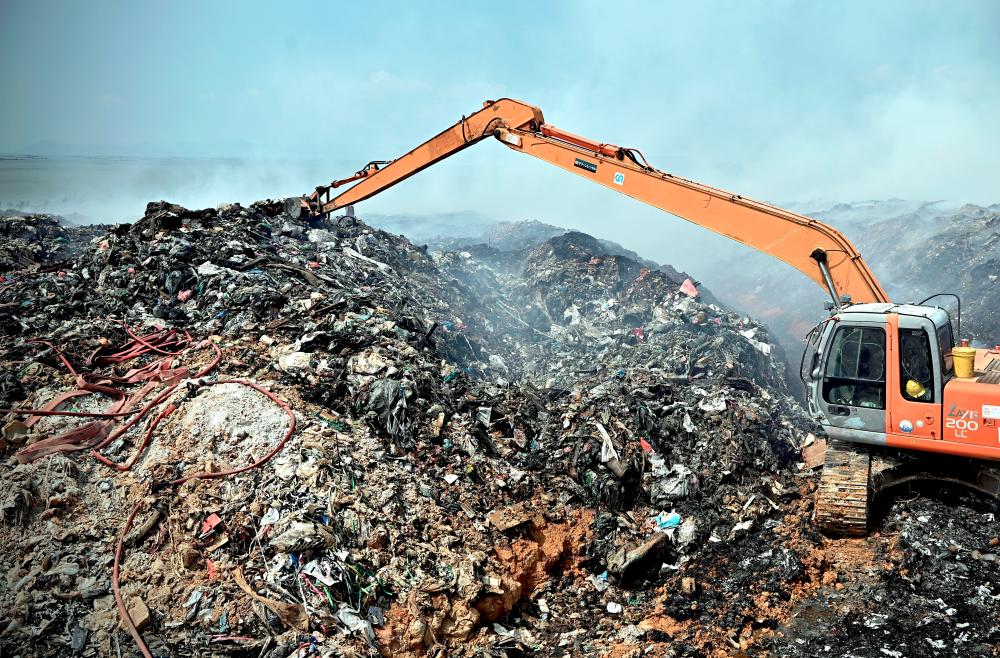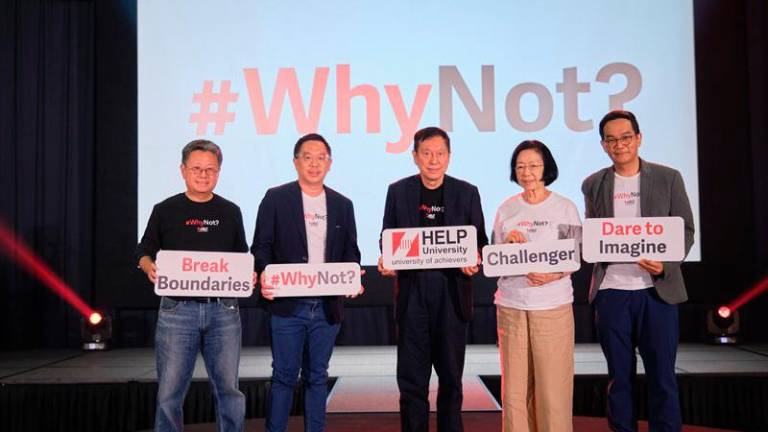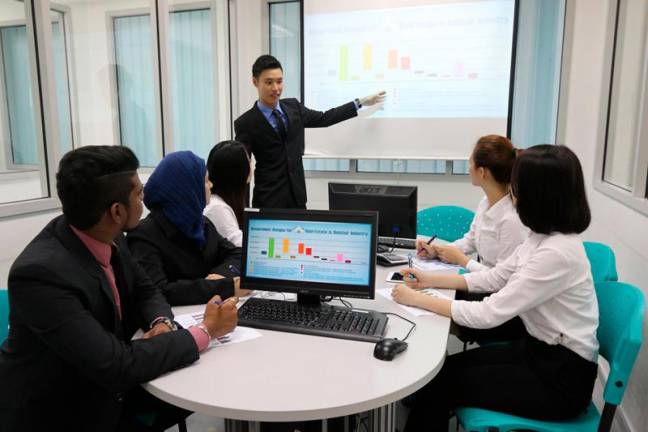PETALING JAYA: How well do Malaysians manage waste? This question is crucial as Malaysia generates about 38,699 tonnes of solid waste every day or about 1.17kg per person.
According to a media report on waste collection data, in 2019 the country generated about 37,462 tonnes of waste daily. This rose to 38,081 tonnes in 2020 and 38,699 tonnes in 2021. This year it is expected to rise to 39,936 tonnes.
Environment and waste management specialist Dr Theng Lee Chong believes waste management in Malaysia should be seen from different angles.
“In terms of coverage and collection, we are doing quite well. However, when it comes to disposal, we are not doing a good job. We still use landfills as our most common disposal method,” he said.
It was reported in October 2021 that there are 141 solid waste landfills in Malaysia. Of these, 116 are open dump sites, 21 are sanitary landfills (which are engineered with anti-pollution features to allow safe decomposition), and four are residual waste landfills.
“More than 85% are still considered open dumping and less than 15% are sanitary dump sites. To me, these numbers reflect how we are lacking when it comes to disposal.”
He added that on the bright side, recycling numbers have increased from about 5% to an estimated 30%.
“Long-term impacts depend on what types of waste we have in our landfills. Biodegradable waste will eventually decompose. However, non-biodegradable waste, such as one-time-use plastics will remain for years to come.
“There is also the worry about leachate pollution. Leachate that escapes from a landfill can contaminate groundwater, surface waters and soil, potentially polluting the environment and harming human health.”
Theng said mainstreaming waste management is important, and the government should introduce a more stringent approach to control waste generators.
“Awareness is important but attitude change is vital among Malaysians who always take things for granted.”
Theng added that many scavengers are still found at most landfill sites, especially open dumps.
“It is such a pity that when we are moving towards the status of a developed country, scavengers are still salvaging recyclables at dumpsters for a living. Truly a sad and inconvenient ‘behind the scene’ truth.”
Ecoknights vice-president Amlir Ayat said the government has a good waste management framework at the federal and state levels.
He said at the implementation phase, several issues, particularly public and industrial participation are of concern.
“The lack of active involvement could be traced to, among others, motivational and enforcement challenges. Education is the only viable solution.”
He added that applying the 3R method (reduce, reuse, recycle) at all levels from individual to government and corporate sectors would be the best bet.
Ecotourism and Conservation Society of Malaysia chief executive officer Andrew Sebastian said Malaysians are not managing their waste well.
“We see a lot of evidence of poor waste management by people everyday. For example, there are those who throw rubbish out of their cars or leave behind lots of trash after picnic sessions or beach visits. We also do not manage our waste well in our households.
“When this happens, we see waste ending up in drains, rivers and even the ocean. The small amounts of plastic waste thrown on roads, clog drains and eventually contribute to flash floods.”















